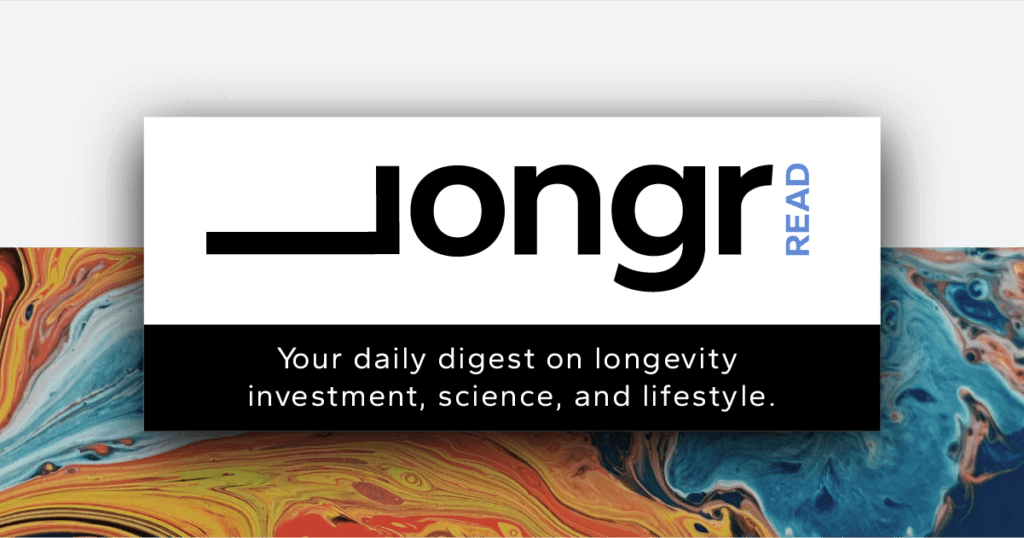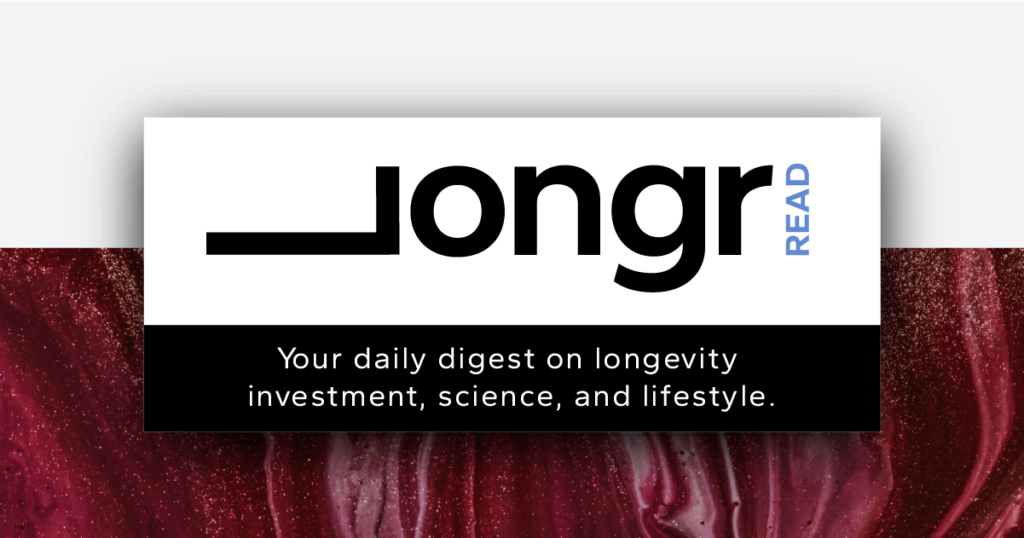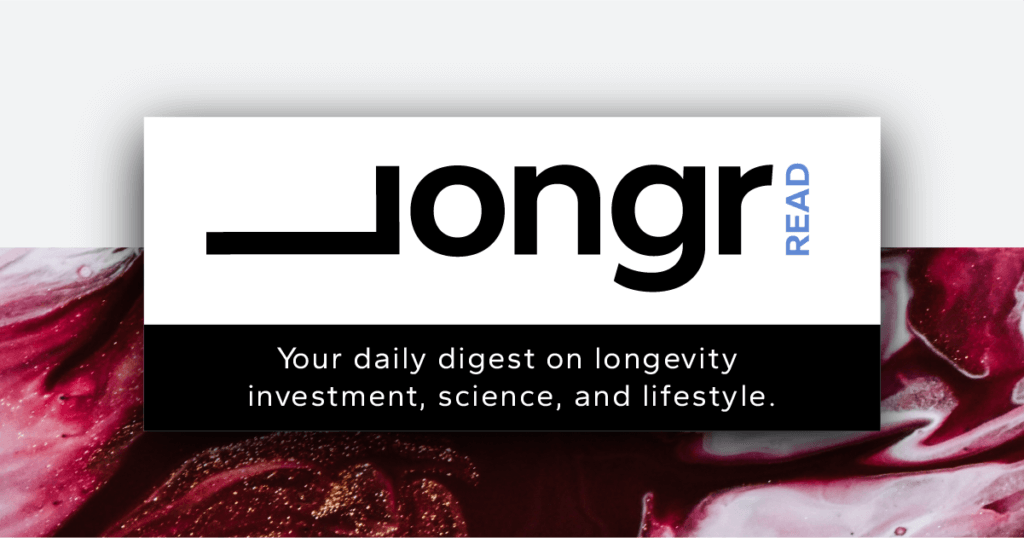The Strategic Potential of Drug Repurposing in Pharmaceutical Development

The allure of drug repurposing lies in its promise to transcend traditional barriers—reducing both the financial burdens and the temporal expanse typically associated with bringing new drugs to market. As we stand on the precipice of this burgeoning frontier, it becomes imperative to explore the multifaceted implications, challenges, and opportunities that drug repurposing presents to researchers, investors, and the broader longevity healthcare ecosystem.
The Key to Longevity

AI’s journey in healthcare represents a paradigm shift towards more personalized, efficient, and accessible medical services. From predictive analytics in patient care to the automation of routine tasks, AI is redefining the boundaries of medical science and operational efficiency.
The Cusp of a Longevity Breakthrough

In recent years, a significant shift in the approach to aging research has emerged, fueled by groundbreaking advancements in genetics, molecular biology, and biotechnology. This has led to a redefinition of aging not merely as an inevitable process of decline but as a complex, treatable condition.
Ozempic and The Off-Label Prescription Market

The off-label use of drugs, while not a new practice, has reached a critical inflection point, propelled by rapid advancements in medical research, an increasingly informed and proactive patient population, and the relentless pursuit of innovative treatment options for unmet medical needs.
The Modernization of Healthcare Delivery

At its core, preventive healthcare encompasses a wide range of practices, from lifestyle modifications and regular health screenings to the adoption of cutting-edge technologies aimed at early disease detection and intervention. The implications of such a shift are profound, promising not only to extend life expectancy but also to enhance the quality of life, reduce healthcare costs, and spur economic growth through the development of new industries and innovations.
An Introduction to Longevity

This edition of our newsletter, inspired by the comprehensive report “The Wild Science of Growing Younger,” delves into the multifaceted efforts reshaping the boundaries of health and aging, signaling a pivotal shift in our collective approach towards achieving a future where living longer also means living better.
Lifestyle and Cutting-Edge Anti-Aging Trends

The landscape of global health is evolving, characterized by a significant shift from infectious diseases to chronic conditions as primary concerns.
Community is the Longevity Ethos

Adding to this narrative is compelling research from the American Journal of Clinical Nutrition, which quantifies the impact of lifestyle on longevity. The study, analyzing data from over 700,000 US veterans, highlights the significant mortality risk reduction attributed to a combination of eight lifestyle factors, including physical activity, nutritious diet, and social connections. This research not only reaffirms the critical role of lifestyle in longevity but also underscores the potential for substantial gains in lifespan through comprehensive lifestyle modifications.
Longevity Lifestyle: Meet The Man Who’s Aging Backwards

Our exploration begins with Johnson’s high-stakes experiment on himself, aiming to reverse the aging process through a multimillion-dollar regimen, venturing into both the potential breakthroughs and ethical quandaries of such personal health optimization. This inquiry extends into Dr. Hyman’s philosophy, where longevity is presented not as a product of high-tech interventions but as the result of accessible, evidence-based lifestyle modifications. Contrastingly, Jimmy Carter’s hospice experience offers a broader, more introspective look at longevity, highlighting the roles of purpose, community engagement, and emotional well-being in defining life’s quality towards its end.
Global Consumer Perspectives on Longevity

At the heart of this discourse lies a critical examination of consumer perceptions as illuminated by the “Future of Health 5” study. It reveals a discerning populace that champions quality of life over sheer longevity, a preference that underscores the evolving ethos of health consumerism. This pivot marks a significant departure from the age-old quest for extended years, steering the conversation towards a life enriched with wellness and devoid of age-induced debilitation. Yet, as we delve deeper, a glaring oversight emerges in the realm of gender-specific longevity research, spotlighted by Katerina Stroponiati’s advocacy for a research paradigm that acknowledges the biological and hormonal intricacies unique to women. This call to action not only demands an expansion of our scientific purview but also a rectification of historical biases that have sidelined female-centric longevity studies.
